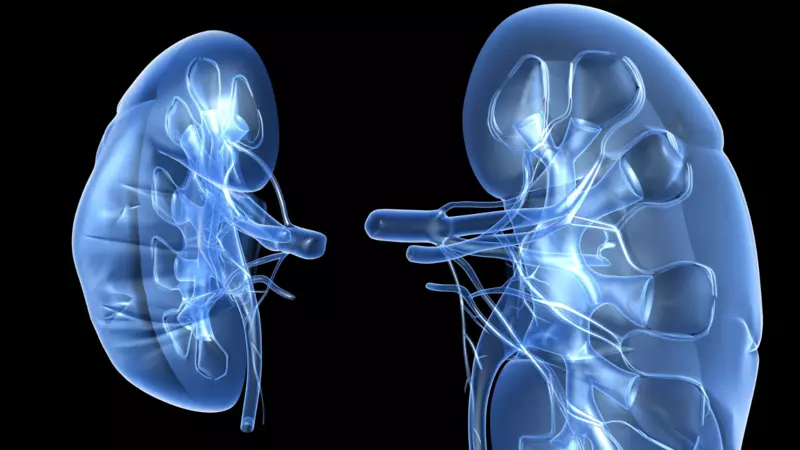
News
Do you want to stay up to date with the latest BHD news? This is the place to be!
Here we will let you know about the latest BHD research, events, and opportunities to get involved with our work.

ERN-GENTURIS: Guidelines on BHD diagnosis, surveillance and management
The BHD Foundation is excited to announce the publishing of ERN's first definitive European clinical guidelines for diagnosis and management of BHD. Read more here.

Does the size of the tumour matter? Case study of kidney cancer & BHD
In this blog, we discuss a recent report detailing an interesting clinical case of a patient who was treated for a small tumour on her kidney.

World Pneumothorax Day 2024
World Pneumothorax Day is an online awareness day on June 24th, 2024. Read all about it here.

Georgie Holt, a PhD student researching BHD
Georgie tells us about her research and how she hops it will contribute to the BHD community.

Effective diagnosis for rare lung conditions
In this blog, we look at a recent review published by the UK Cystic Lung Disease Collaborative Network.

A Conversation with Dr Bryndis Yngvadottir
In this blog, we talk to Dr Bryndis Yngvadottir, a Research Associate in Medical Genetics at the University of Cambridge.

Pneumothorax at 17: My BHD Story
In a special piece to mark Rare Disease Day 2024, we speak to Kirsten. Kirsten shares her experiences of being diagnosed with a rare disease and things she learned along the way.

Pregnancy and Pneumothorax: What Does the Research Say?
In this blog, we take a look at a study that focuses on pregnancy and lung collapses.

Early Career Profile: Rare Disease PhD Researcher Jennifer Heritz
In this blog, we talk to Jennifer about her goals for working in the rare disease research field, what she loves about her job and more.

Is Scuba Diving Safe with Birt-Hogg-Dubé Syndrome?
Whilst scuba diving for many people can be a thrill-seeking experience, there are several risks to be considered if you have BHD, and it is important to be aware of and consider recommendations from clinical experts to keep yourself safe.

How lung cysts progress in BHD: A long term patient study monitoring l
December blog on How lung cysts progress in BHD: A long term patient study monitoring lung cyst growth

Pathogenic variants of FLCN and kidney cancer
Are there pathogenic variants of FLCN that do not cause kidney cancer, thus avoiding a requirement for lifelong surveillance? Read this blog to find out.